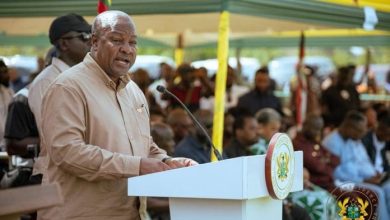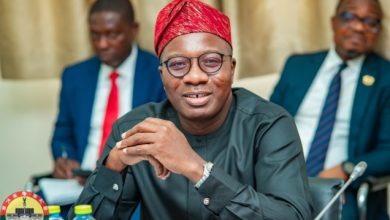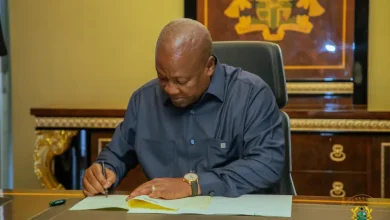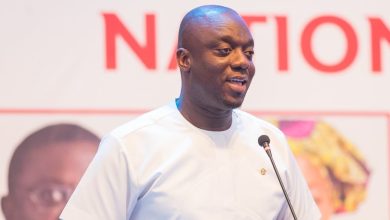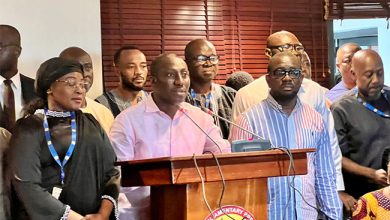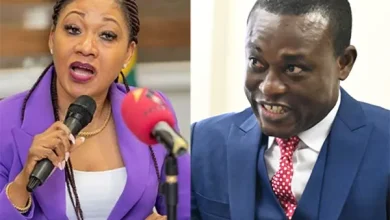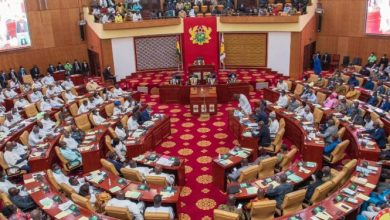
Ghanaians have every right to question how tax policies are formulated, administered, and managed. The controversy surrounding the Electronic Levy (E-Levy) under the previous administration and the current debate over the Energy Sector Levy Amendment Bill underlines a broader concern: transparency, public engagement, and trust.
When the E-Levy was introduced by the New Patriotic Party (NPP), it was met with public resistance, not just because it taxed mobile money and transfers, but because many believed the communication around it was inadequate.
Critics argued that the government failed to explain its necessity properly, was unable to engage citizens sufficiently, and failed to demonstrate the returns on the revenue collected.
Indeed, as may be recalled, the former Finance Minister undertook a vigorous solicitation and sensitization campaign across the country prior to submitting the E-levy bill to Parliament.
Yet, we must ask: was this merely a failure of communication — or also the calculated success of an opposition party determined to amplify public discontent, discredit the sitting government and deepen the 2022 crisis?
As we can see, this government also facing a crisis took a tax bill to parliament under a certificate of urgency and passed it without stakeholder’s engagement, no roadshows yet the minister is hailed. The E-Levy came at a time when the Ghanaian economy was under acute stress from the global COVID-19 pandemic.
As Deputy Director of Communications at the Office of the President then, I clearly remember the challenges the nation was faced with, revenues had plummeted, expenditures had ballooned, and the fiscal deficit was widening rapidly.
In this context, the E-Levy was not a whimsical or reckless policy—it was a response to an urgent revenue crisis. One may debate its structure or regressivity, but it is intellectually dishonest to frame it as a vehicle for personal gain or an act of economic sabotage.
How can a national tax pass through state institutions go into the pocket of a person or family? It should be obvious that these are lies and propaganda just to destroy someone and taint him disingenuously as corrupt.
Some of these narratives have gone beyond policy critique into personal vilification. It is troubling that former Finance Minister Ken Ofori-Atta, who worked so hard and oversaw difficult reforms during one of Ghana’s most turbulent economic periods, is now being portrayed by some as a fugitive or thief.
Such characterizations are not only unfair—they are dangerous. They erode public trust in leadership, discourage capable individuals from public service, and polarize national discourse.
The Energy Sector Levy Amendment Bill, introduced by the current administration, imposes additional taxes on petroleum products. Its stated aim—to pay down the country’s $3.1 billion in energy debt.
But it is disingenuous to claim that this process has been significantly more transparent or participatory than the E-Levy. The energy levy was introduced under a certificate of urgency, bypassing traditional norm of using the budget process to enact expenditure and revenue policy.
The public was informed primarily through parliamentary discussion, not through a comprehensive national engagement strategy.
Moreover, while petroleum taxes are unavoidable and regressive—disproportionately affecting the poor—the E-Levy affected voluntary digital transactions, which could be adjusted or avoided.
Both taxes have distributional consequences and merit scrutiny. But framing one as demonic and the other as righteous is not economic analysis; it is political theatre.
We must move beyond politicized interpretations of economic decisions. All governments make difficult choices, and none are immune to mistakes or inefficiencies. But weaponizing policy debates to destroy reputations is corrosive.
It is possible to disagree with Ken Ofori-Atta’s policies without turning him into a scapegoat for Ghana’s structural economic challenges. Can we say the current Finance Minister is recklessly taking money from the pocket of the poor, so they will not benefit meaningful from the recent global fuel price decline?
Just as previous leaders—Nkrumah, Rawlings, Acheampong, Kufuor, Mahama—were once demonized and later vindicated let’s see what the wisdom of the current managers of the economy delivers. Most people undoubtedly have the best intentions for their country and time will vindicate us all.
The lesson here is not that one tax is inherently better than another, or that one party is infallible. The lesson is that transparency, accountability, and public engagement must be constant—regardless of who holds power. But these virtues cannot be selectively demanded or used as tools to tarnish reputations for short-term political gain.
Let us critique policies, not personalities. Let us demand accountability, not scapegoats. And above all, let us not forget that building a resilient economy requires honest dialogue, not convenient villains.
Jefferson Kwamina Sackey
Media and Communications Consultant


